Archived General Blog Posts
Exercising Caution with Alternative Heat
11/9/2020 (Permalink)
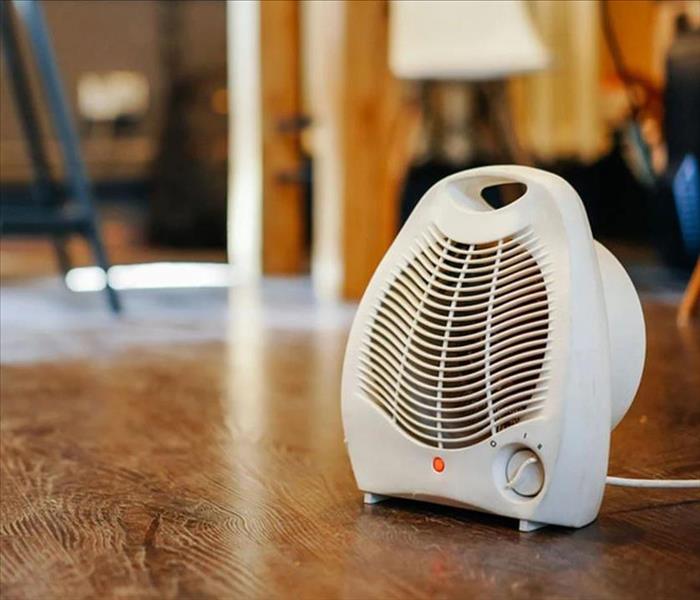 Always make sure there is plenty of room around your portable heater
Always make sure there is plenty of room around your portable heater
Everyone wants to keep their homes and workspaces warm during the winter. In an effort to keep heating costs down, many residents and employees will turn to alternative heat sources, such as fireplaces, wood-burning stoves and portable space heaters.
When used and maintained as directed, there methods can effectively warm your home or office. However, there is also an inherent danger, as heating equipment is the leading cause of home fires during the winter months.
Here are some helpful safety tips:
- Never use the oven, range or stove to heat your home.
- Never burn trash, paper or green wood in your fireplace. These items cause heavy creosote buildup, which could eventually start a fire in your chimney.
- Only buy heaters evaluated by a nationally recognized laboratory, such as Underwriters Laboratories (UL).
- Purchase electric heaters with a thermostat control mechanism that will switch off should the heater tip over.
- Never use electric heaters to dry clothes or other objects. Keep space heaters at least three feet away from any combustibles.
- Plug your electric heater directly into the wall – do not use an extension cord or power strip.
- Always unplug your electric heater when it is not in use.
What is lurking in YOUR ducts?
9/19/2020 (Permalink)
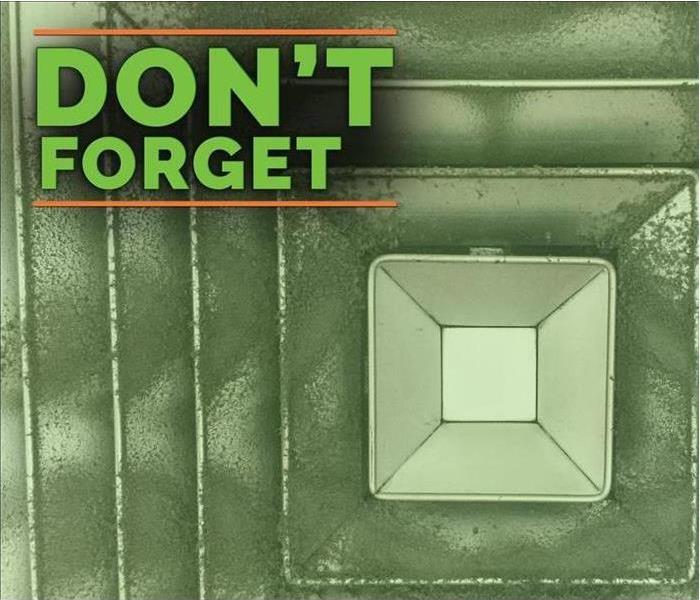 A Clean Duct is a Happy Duct! Call us today to schedule your cleaning!
A Clean Duct is a Happy Duct! Call us today to schedule your cleaning!
Have you ever wondered what is lurking in your ducts?
Sweeping away years of dust and dirt - reducing potential for damage and health risks.
Since the ventilation system is often the biggest culprit in poor indoor air quality, inspecting the ductwork should be a high priority. In most cases, the HVAC system has been operating for some time without much attention. Dirty ducts can circulate odors, contaminants such as mold, and irritating dust throughout your building or home.
A routine part of SERVPRO of Tarrytown/Elmsford is inspecting the heating, ventilation and air conditioning unit (HVAC). Keeping the HVAC system and ductwork clean can potentially extend the life span of the equipment by allowing it to operate at peak condition, which can in turn save you money.
If you want your ducts cleaned, call SERVPRO of Tarrytown/Elmsford today at (914) 358-9000 or send us an email to SERVPRO9937@jdcrestoration.com to schedule your appointment!
Tips for getting your home ready for Fall
9/10/2020 (Permalink)
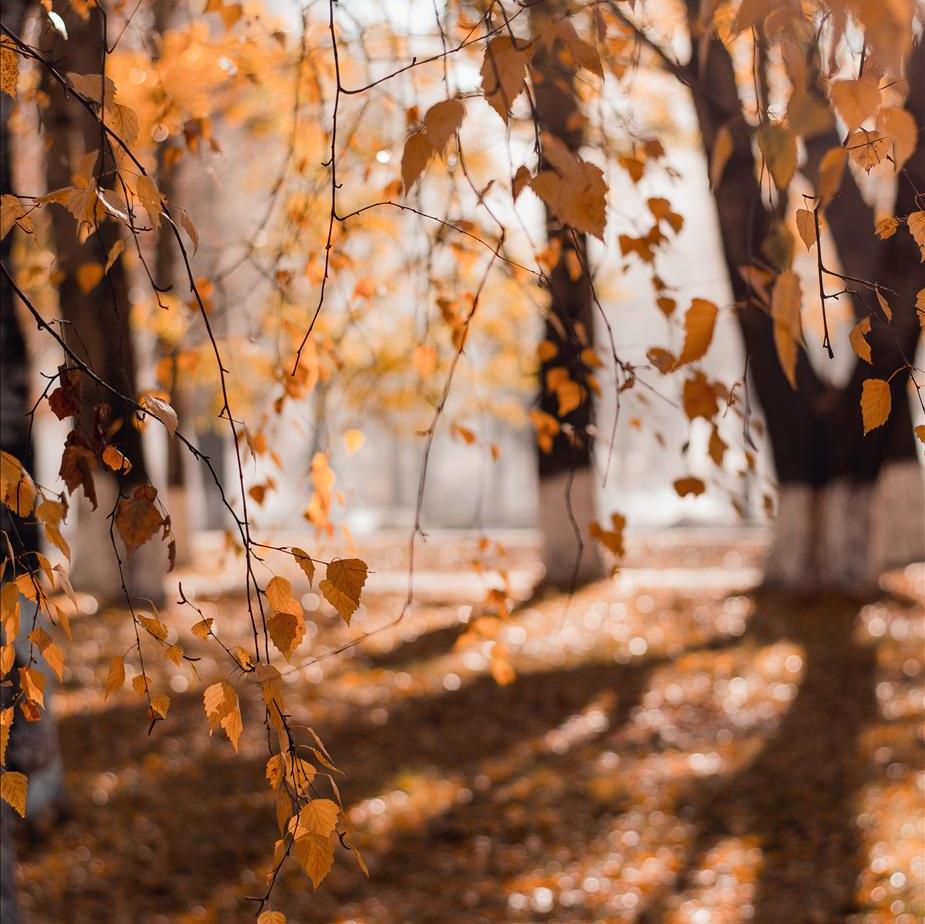 Now is the time to prepare your home for the Fall
Now is the time to prepare your home for the Fall
Now that Labor Day, the unofficial end of the summer, has gone and passed, fall is quickly approaching. You may be ready for the fall season but make sure your home is also ready for the fall and winter's unpredictable weather conditions. With September being National Preparedness Month, we want to share with you some tips of how to get you home prepared for the Fall.
Here are 7 tips that can help get your home ready for Fall:
1) Replace the batteries on your smoke alarms and carbon monoxide detectors.
2) Clean your chimney and fireplace.
3) Inspect your windows and doors for drafts.
4) Drain outdoor faucets and sprinklers to prevent them from freezing.
5) Clean the gutters and do a roof check.
6) Have your furnace inspected. An HVAC professional can test heating efficiency, check for leaks, and change out the filter.
7) Fertilize your lawn. According to experts, fertilizing your lawn can help protect it through the winter months.
It Doesn't Cost a lot to be Prepared!
8/10/2020 (Permalink)
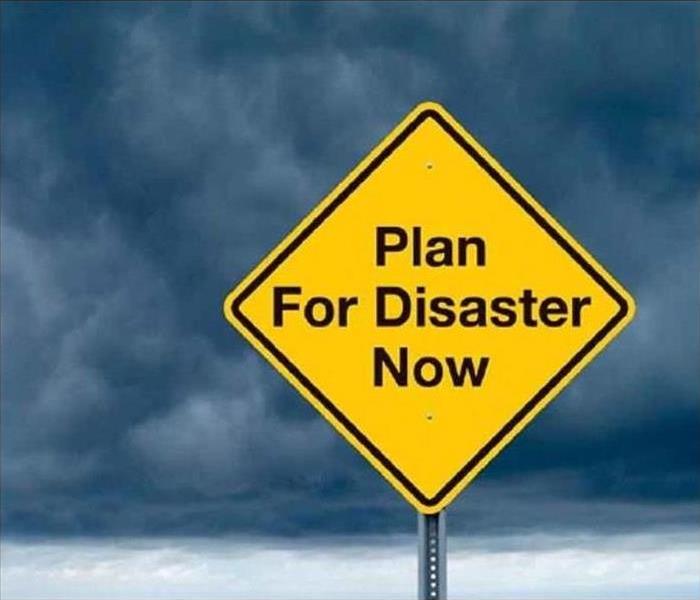 Yellow hazard Sign " Plan for Disaster Now"
Yellow hazard Sign " Plan for Disaster Now"
It is no secret that many families and individuals are looking to cut back on spending. But with the frequency of disasters, both natural and man made, can you afford not to be prepared?
Preparedness doesn’t have to cost an arm and a leg. September is National Preparedness Month, and we are asking you to help your family and friends prepare for whatever may come. Here are a few tips* on how you can protect those that matter to you without spending a fortune.
• Make a Plan
Work with you family and neighbors to make an emergency plan for the types of disasters that affect your area. Make sure everyone in your family understands where to go
and what to do in case of an emergency. You can download Family Emergency Plan templates www.ready.gov/make-a-plan
• Update Contact Information
Having accurate records for family, friends and neighbors will help you stay in contact and possibly help those in need. Make sure updated contact information is posted in visible places throughout your house and workplace.
• Check Your Policy
Review your insurance policy annually and make any necessary changes – renters, too! When a disaster strikes, you want to know that your coverage will get
you back on your feet.
• Make a Ready List
You may not need all of the items in ready-made preparedness kits. Choose the essentials that fit your needs and budget. Don’t forget to keep supplies at work and in your car. Sample Ready Lists can be found at www.ready.gov/document/familysupply-list
• Plan Your Purchases
You can save money by thinking ahead. Don’t buy preparedness items just before a storm when they’re expensive and supplies will be in high demand. Buy items at the end of the season when you can get good deals.
• Shop Sales
Shop at sales and used goods stores. Buy preparedness items throughout the year, instead of all at once, and you won’t notice the cost as much.
• Make Sure it Keeps
Store water in safe, containers. You don’t need to buy expensive bottled water, just make sure your water containers are disinfected and airtight.
• Request a Gift
We all get things we don’t need. Suggest preparedness supplies as gifts from your friends and family. It just might save your life.
• Trade a Night Out
Trade one night out to fund your 72-hour kit. Taking a family of four to the movies can cost upwards of $80. Just one night staying in could fund your Ready kit.
• *The best tip
START NOW!
Take small steps toward preparedness and before you know it, you will be Ready!
Everything you need to know about SMOKE
7/30/2020 (Permalink)
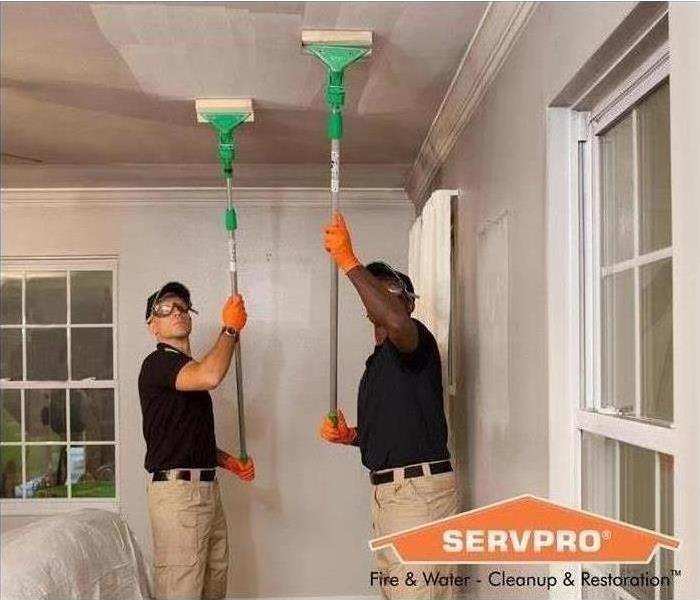 two technicians cleaning ceiling from soot
two technicians cleaning ceiling from soot
Behavior of Smoke
A fire loss is very complex because of the unique behavior of smoke. That is why it is important to have trained technicians. SERVPRO Professionals know their smoke!
- Hot smoke migrates to cooler areas
- Smoke migrates to upper levels of a structure.
- Smoke flows through plumbing systems, using holes around pipes to go from floor to floor.
- The type of smoke will greatly affect the restoration process.
Type of Smoke:
- Wet Smoke- Plastics and Rubbers
Low heat, smoldering, pungent odor, sticky, smeary. Smoke webs are more difficult to clean. - Dry Smoke- Paper and Wood
Fast burning, high temperatures, heat rises therefore the smoke rises. - Protein- Produced by evaporation of material rather than from a fire
Virtually invisible, discolors paints and varnishes, extreme pungent odor. - Fuel Oil Soot- Furnace Puff Backs
While the "puff backs" can create havoc, SERVPRO can normally restore the contents and structure quickly - Other Types- Tear gas, fingerprint powder and fire extinguisher residue
Special loss situations require special care. SERVPRO Professionals are trained to handle your toughest losses!
Fireworks Safety!
7/1/2020 (Permalink)
 Fireworks Photo
Fireworks Photo
What's a better way to celebrate Fourth of July then by watching the fireworks? As beautiful and intriguing as they are, fireworks have the potential to cause a lot of serious damage to people and properties if not professionally handled.
Here are a few facts from the National Fire Protection Association:
- "Fireworks start an average of 18,500 fires per year, including 1,300 structure fires, 300 vehicle fires, and 16,900 outside and other fires. These fires caused an average of three deaths, 40 civilian injuries, and an average of $43 million in direct property damage."
- "In 2015, U.S. hospital emergency rooms treated an estimated 11,900 people for fireworks related injuries; 51% of those injuries were to the extremities and 41% were to the head. Children younger than 15 years of age accounted for one-quarter (26%) of the estimated 2015 injuries. These injury estimates were obtained or derived from the Consumer Product Safety Commission’s 2015 Fireworks Annual Report by Yongling Tu."
For more information regarding firework safety, visit https://www.nfpa.org/
If you experience fire damage, call (914) 358-9000!






 24/7 Emergency Service
24/7 Emergency Service




